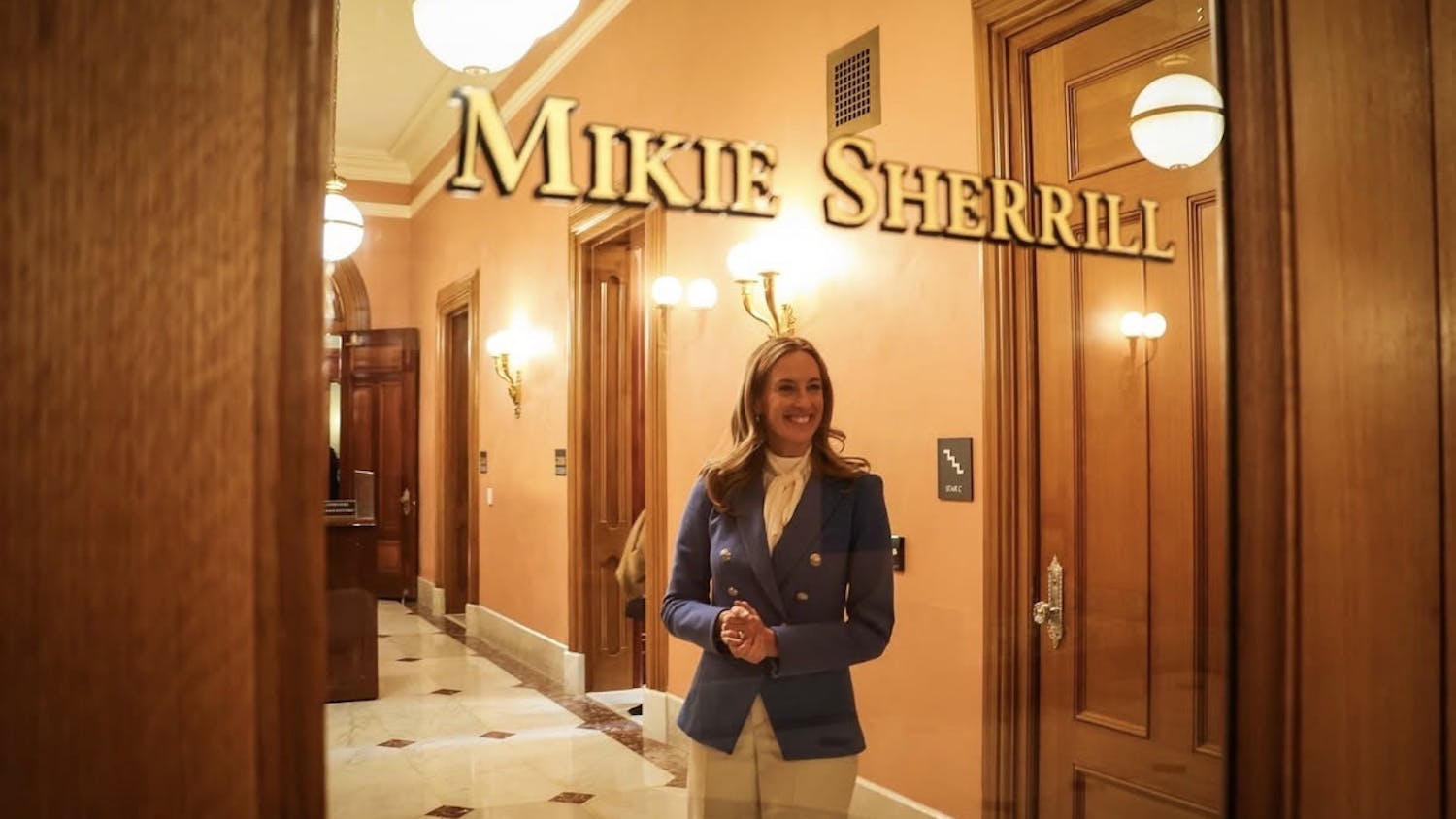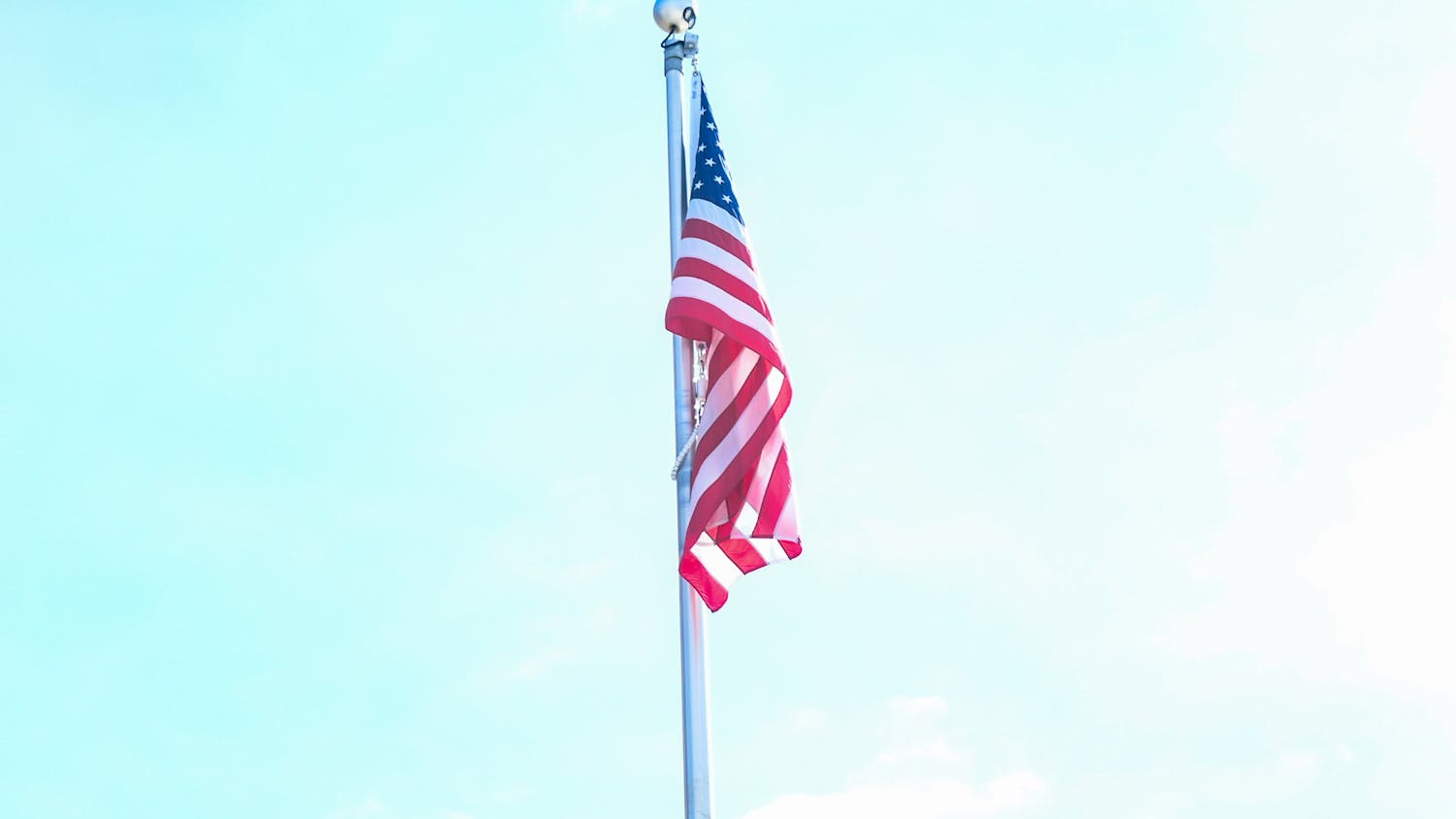In terms of cartoons in modern America, viewers cannot say they have seen it all unless they partake in the cultural phenomenon that has become "South Park." Since its debut in 1997, critics and fans alike have called "South Park" indecent, violent and downright entertaining. The show's 14 successful seasons are largely attributed to its satirical and darkly humorous depictions of controversial subject matter, which includes topics related to religion, politics, racism, war and even television itself. It seems, however, in recent weeks, the show has gone too far.
On April 14, "South Park" aired its 200th episode, which started out as a mash up plot of past popular concepts like making fun of celebrities, redheads and even the identity of Cartman's father. The episode soon picked up speed as the episode touched on the ever sensitive issue of showing the Muslim Prophet Muhammad.
Keep in mind this is not the first time the issue was brought up - in 2001, the episode "Super Best Friends" depicted Muhammad without censorship as a member of a Justice League type group of religious figures.
The subject was tackled again in the 10th season episode arc "Cartoon War," which was based heavily upon the 2005 Jyllands-Posten Muhammad cartoons controversy, when European newspapers published cartoons of Muhammad, which resulted in violent riots, global protests and death threats toward the artists.
The purpose of "Cartoon Wars" was merely to satirize the issues of censorship and freedom of speech that depicting Muhammad calls into question.
Between the airing of episodes 200 and 201, a two-part series, the radical Muslim organization, Revolution Muslim, posted entries on their website warning the "South Park" creators that they could face violent retribution for their depiction of Muhammad, even going as far to mention Theo Van Gough, a political cartoonist who was murdered for depicting the prophet.
It seems that someone struck a nerve as a good portion of episode 201 was censored, whereas the previous episode was not.
Even saying the word ‘Muhammad' was bleeped out. After it aired, the creators of South Park, Trey Parker and Matt Stone, issued this statement:
"In the 14 years we've been doing South Park we have never done a show that we couldn't stand behind. We delivered our version of the show to Comedy Central and they made a determination to alter the episode. It wasn't some meta-joke on our part. Comedy Central added the bleeps. In fact, Kyle's customary final speech was about intimidation and fear. It didn't mention Muhammad at all but it got bleeped too. We'll be back next week with a whole new show about something completely different and we'll see what happens to it," according to Aintitcool.com.
Even though "South Park" has made fun of almost every religion known to man, some Seton Hall students said that some people can't take a joke.
"I think that humans are way too touchy," sophomore Eric Le Tellier said. "We get offended by things we shouldn't too easily. The idea of bashing equally without offense is what could promote peace. Laughter could potentially prevent violence."
Freshman Ashley Scotto said she thinks there are worse shows on TV than "South Park."
"I will say that sometimes they go close to the line or possibly slightly over it, but it's all about creativity and free speech," she said. "I mean, if we dissect this show than think about all the movies and TV we would have to look at."
Christopher Spall can be reached at christopher.spall@student.shu.edu.





